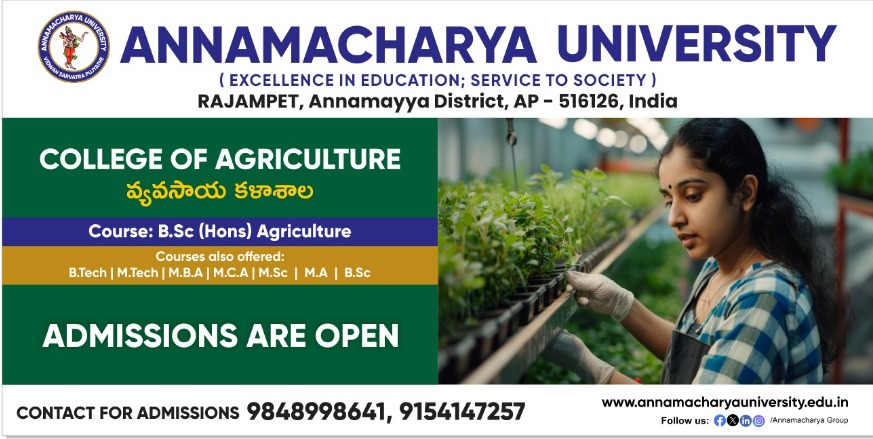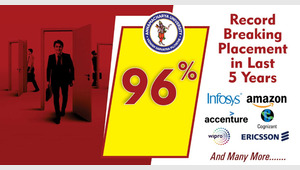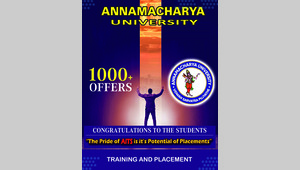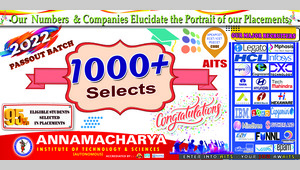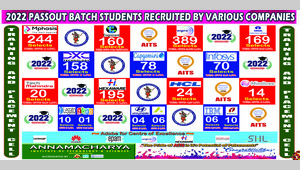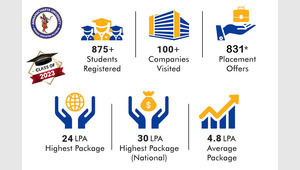Department
Computer Science & Engineering
Professional Society Activities
Coding Competitions and Hackathons:
Coding competitions and hackathons are exciting events where engineering students can test their programming skills and creativity under pressure. These events challenge participants to solve complex problems or develop innovative projects within a limited time frame, often working in teams. Coding competitions focus on algorithmic problem-solving, sharpening logical thinking and coding efficiency. Hackathons, on the other hand, encourage rapid prototyping and collaborative development, leading to the creation of apps, games, or other software solutions. Both provide valuable opportunities to learn new technologies, network with peers and industry professionals, and potentially win prizes or gain recognition. Participating in these events enhances technical expertise and fosters a competitive, yet collaborative, spirit.
Workshops and Technical Training:
Workshops and technical training sessions are essential for engineering students to gain hands-on experience and deepen their understanding of key concepts. These sessions cover a wide range of topics, from programming languages and software tools to emerging technologies like AI, IoT, and robotics. Led by industry experts or experienced faculty, workshops provide practical knowledge that complements theoretical learning, helping students stay current with industry standards. Technical training often includes interactive labs, real-world project simulations, and certification opportunities, enhancing students’ skill sets. By participating, students can build their resumes, improve problem-solving abilities, and prepare for internships or careers. These experiences are invaluable in bridging the gap between classroom learning and professional application.
Guest Lectures and Tech Talks:
Guest lectures and tech talks provide engineering students with direct insights from industry experts and thought leaders. These sessions cover a wide array of topics, including emerging technologies, industry trends, and practical applications of engineering principles. By attending, students gain exposure to real-world challenges and solutions, and can ask questions to deepen their understanding. These events often include case studies, success stories, and discussions on career paths, offering valuable perspectives beyond the textbook. They also help students build professional networks and stay informed about the latest developments in their field. Engaging in these talks enhances students’ knowledge and inspires them with new ideas and opportunities.
Project Showcases and Competitions:
Project showcases and competitions are dynamic platforms where engineering students present their innovative projects and solutions to peers, faculty, and industry professionals. These events highlight student creativity and technical skills, ranging from experimental prototypes to fully developed applications. Competitions often involve solving real-world problems or creating novel solutions, providing students with opportunities to demonstrate their problem-solving abilities and engineering expertise. Participating in these events can lead to valuable feedback, recognition, and potential collaboration opportunities. Showcases and competitions also enhance students’ resumes and offer a chance to network with industry leaders and potential employers. These experiences foster a culture of innovation and practical application in engineering education.
Research and Innovation:
Research and innovation activities for engineering students focus on exploring new technologies, solving complex problems, and advancing knowledge in their field. Students engage in research projects that may involve experimental work, simulations, or theoretical studies, often contributing to academic papers or patents. These activities encourage critical thinking, creativity, and the application of engineering principles to real-world challenges. Innovation initiatives allow students to develop and prototype cutting-edge solutions, from novel devices to software applications. Participating in research and innovation enhances technical skills, provides practical experience, and can lead to collaborations with industry or academic institutions. These opportunities prepare students for careers in research, development, and high-tech industries.
